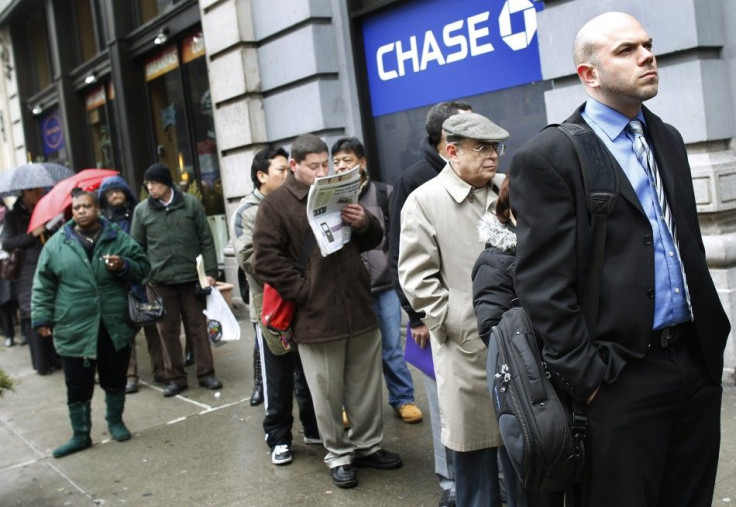Will the Debt Deal Increase the U.S. Unemployment Rate?

The ethos holding cost-cutting to be paramount has won out in Washington, with Republicans securing a debt deal that relies on deep spending cuts while eschewing new sources of revenue.
But as Congress prepares to vote on the proposal Monday, attention is already turning to the question of whether the deal's focus on deficit reduction has overshadowed the chronic unemployment slowing down economic growth. Republicans argue that an emphasis on deficit spending has been discredited, pointing to the economy's continued anemia despite a massive federal stimulus package, and contend that the debt deal will spur growth by increasing consumer confidence.
Some economists are not so sure. Their position holds that scaling back spending, also called in economics circles "reduce demand," in the midst of a weak economy will exacerbate the problem as cash-strapped local and state governments, already struggling with a revenue shortfall, are forced to cut back further. It addresses a long-term problem at the expense of the more urgent short-term issue of unemployment, this school holds.
"Unemployment will be higher than it would have been otherwise," Mohamed El-Erian, chief executive of the bond investment firm Pimco, said Sunday on ABC. "Growth will be lower than it would be otherwise. And inequality will be worse than it would be otherwise."
New York Times Columnist and Economist Paul Krugman, in the latest in a series of searing columns, denounced Republicans invoking the "confidence fairy," writing that "those demanding spending cuts now are like medieval doctors who treated the sick by bleeding them, and thereby made them even sicker."
Senate Budget Committee Chairman Kent Conrad, D-N.D., responded to a reporter asking whether the cuts threatened to stall economic growth and worsen unemployment by replying "sure they do," before adding that improved consumer confidence could outweigh those effects. He added that striking a deal took precedence over hammering out the particulars of the cuts to be decided on down the road.
"The critical certainty to accomplish here is that the United States is not going to default, and we're not going to be going through this circus in six months," Conrad told Slate's Dave Weigel. "That outweighs, in most people's minds, worries about the uncertainty of how the savings in the second round will be achieved."
© Copyright IBTimes 2024. All rights reserved.





















